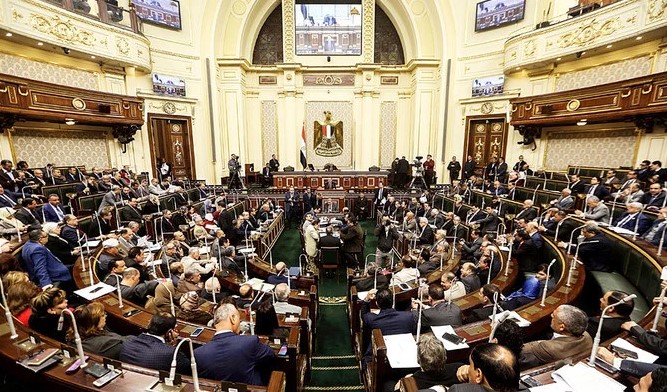Nov. 26, 2022; CAIRO: A debate has been underway within the Egyptian parliament over amendments to the Human Organ Transplant Law.
The amendments focus on activating two laws: one issued in 2010 banning organ sales, which has yet to be fully implemented due to the revolution in 2011, and the other was issued in 1962 regarding the organization of the eye bank.
The Health Affairs Committee in the Egyptian House of Representatives recommended that the Ministry of Health activate the provisions of the Human Organ Transplant Law passed in 2010 in which Article 8 of its executive regulations allows people to request in their wills that their organs be donated following their death.
MP Makram Radwan sparked controversy in parliament when he submitted a request for a briefing on the amendment to the Human Organ Transplant Law; further, the representative, Karim Badr Helmy, demanded that all cornea banks be re-operated in hospitals licensed to establish them.
He also proposed that the health minister issue a decision to set procedures for transferring the corneas of the dead to university hospitals and other hospitals of the ministry that are licensed to establish banks to preserve them.
Dr. Khaled Omran, one of the fatwa trustees at the Egyptian Dar Al-Iftaa, told Arab News that organ donation is highly beneficial, helping many patients, and is considered a form of charity. Omran said that a donation takes place under conditions set by the law and approved by Dar Al-Iftaa.
The first is that the patient must be legally and not just clinically dead.
The second is that the donation must be based on the person’s will documented by doctors.
The third condition is that the donation of organs related to the reproductive system must be prevented to avoid any suspicion of mixing lineage.







